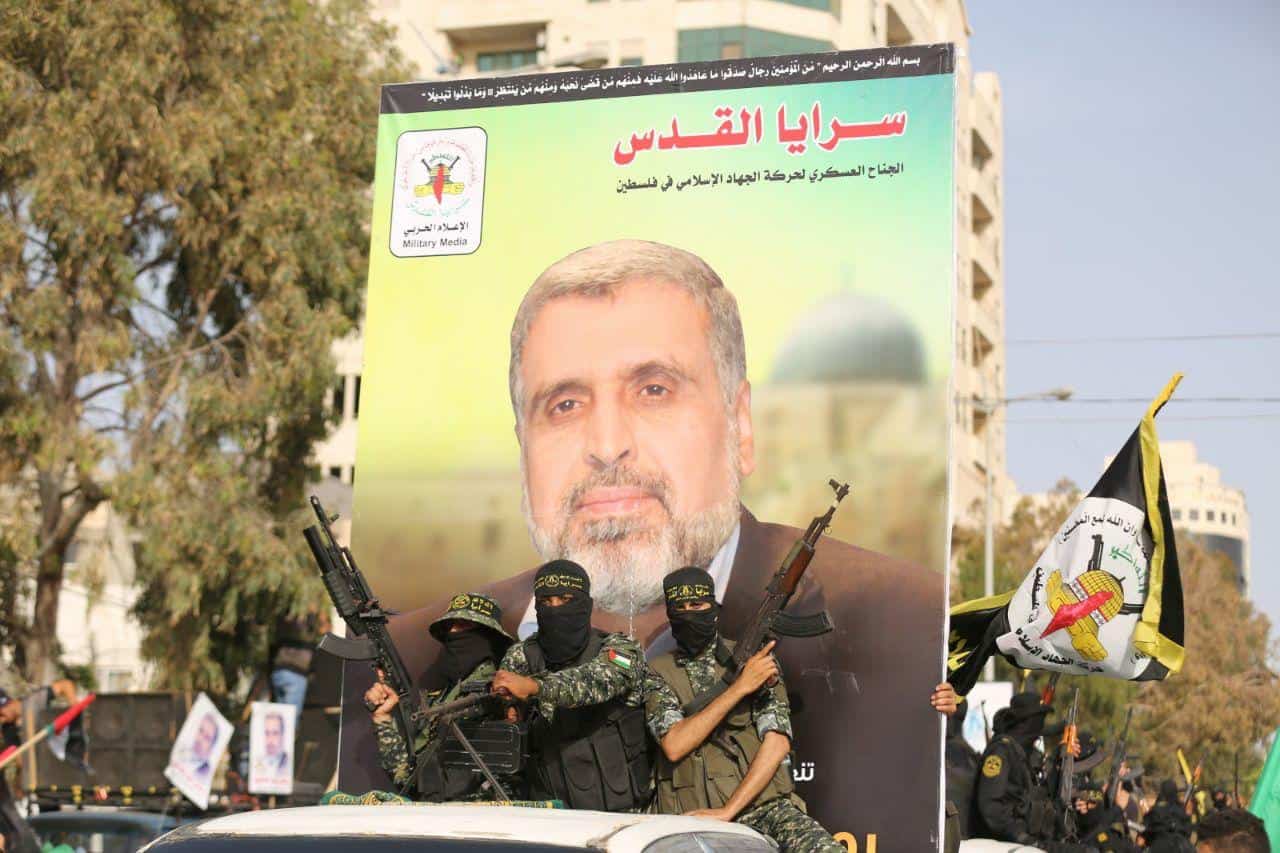
Axis of Resistance mourns the death of Palestinian Islamic Jihad leader Ramadan Shalah
Palestinian Islamic Jihad attempts to move forward after the passing of its longest serving Secretary-General, Ramadan Shalah.

Palestinian Islamic Jihad attempts to move forward after the passing of its longest serving Secretary-General, Ramadan Shalah.
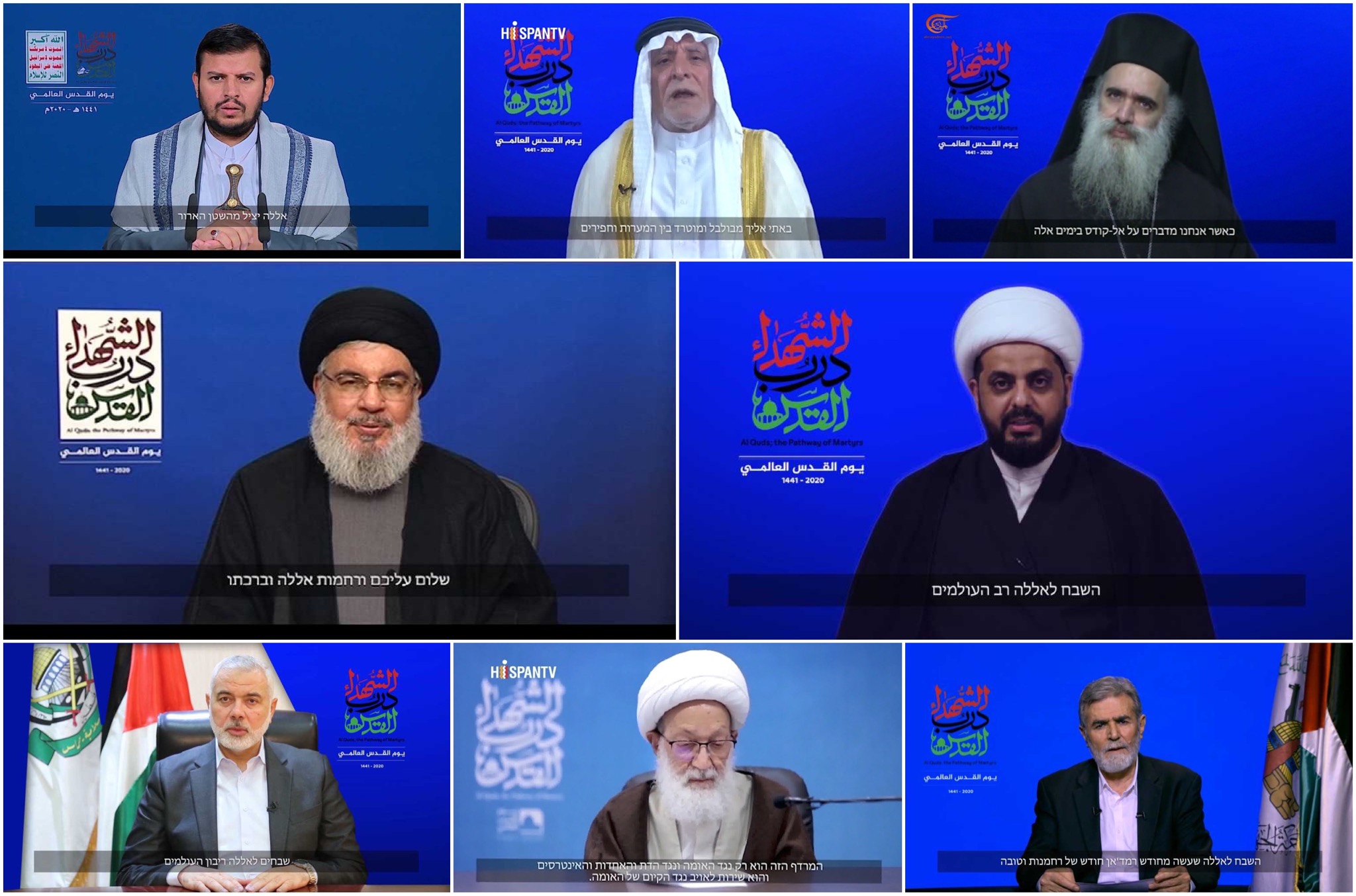
The Axis of Resistance uses the Iran-created “International Quds Day” to attempt to show a unified front against Israel and the U.S.

Iran continues its support for its proxy militias in Syria, as the Israeli military attempts to counter it.
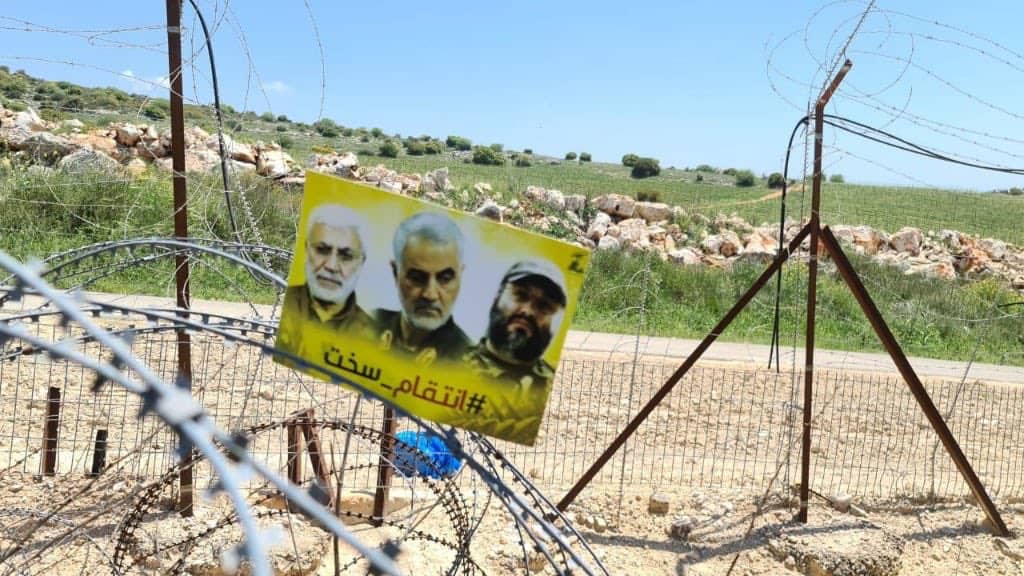
Israel and Hezbollah attempt to maintain the status quo that has kept them from conflict despite recent military activity between the two.
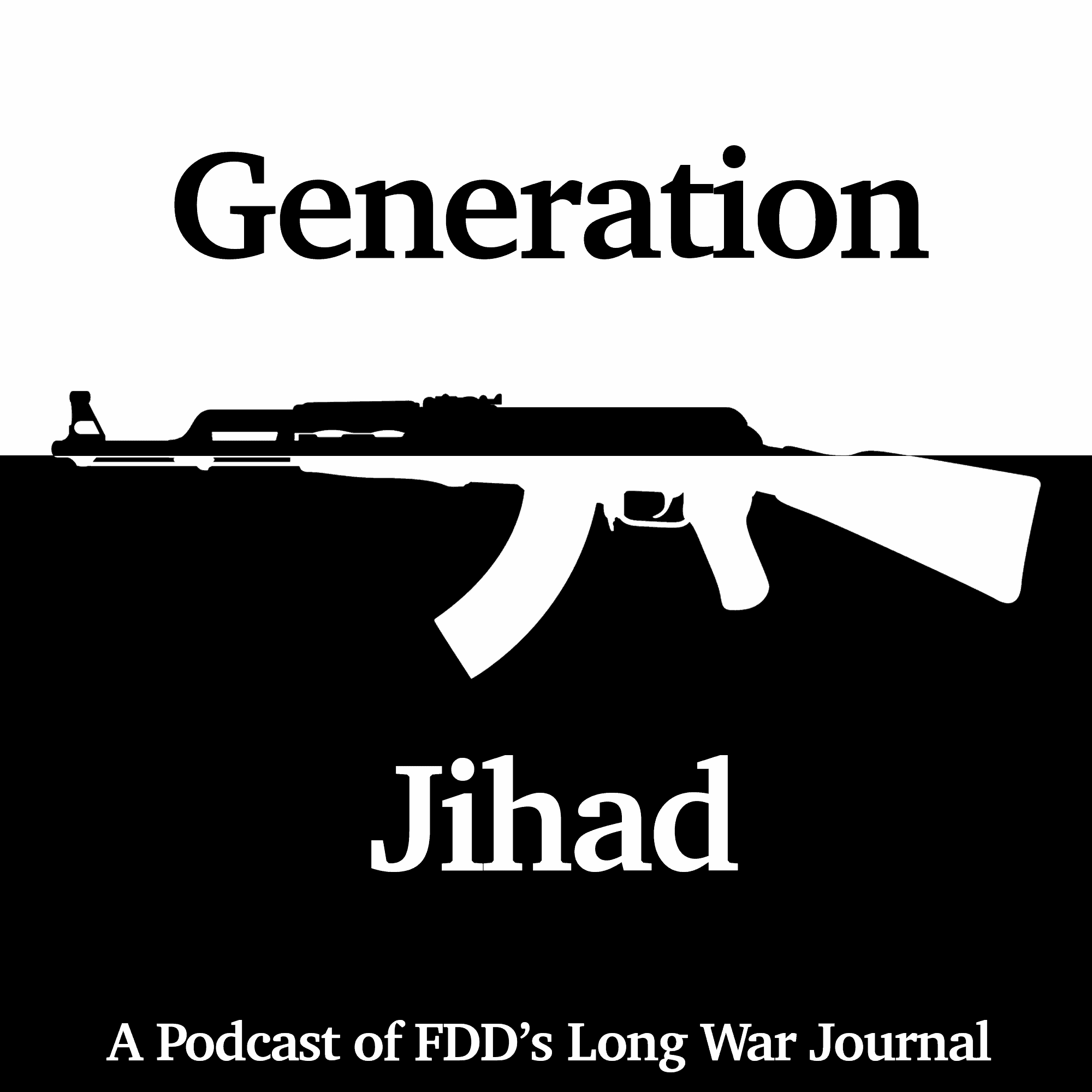
Hosts Bill Roggio and Tom Joscelyn discuss Hezbollah’s influence in Iraq and the State Department’s decision to offer a $10 million reward for information concerning the group’s main man in the country.
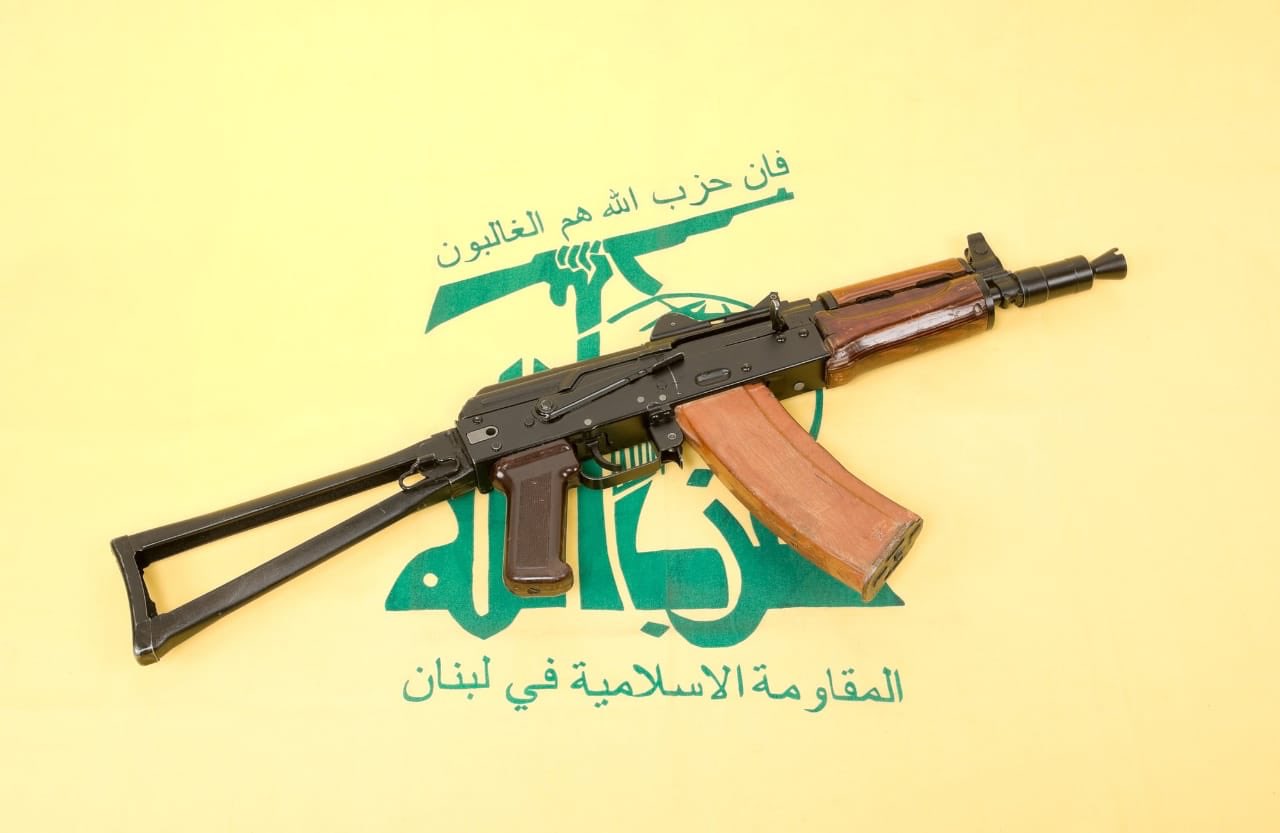
A recent series of incidents between Israel and Hezbollah has increased the likelihood of renewed conflict between the two foes.
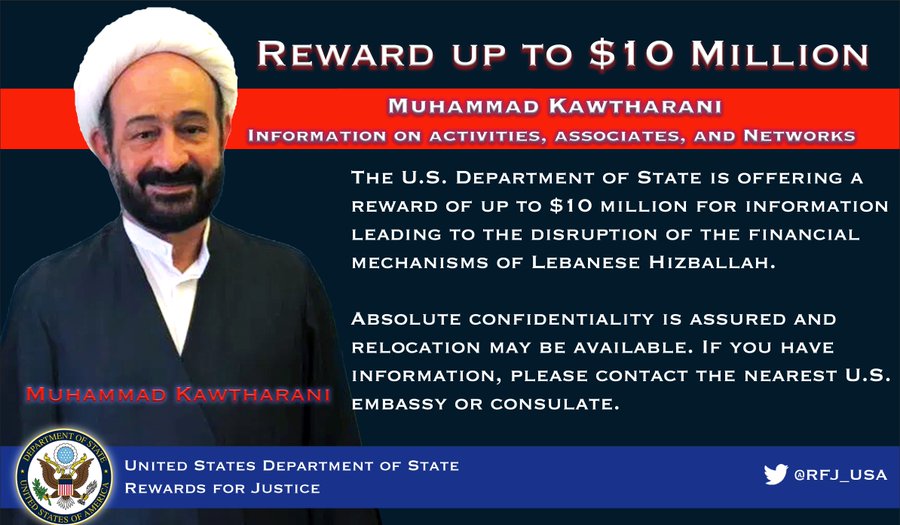
Hezbollah operates closely in Iraq alongside Iran’s Islamic Revolutionary Guards Corps to prop up and support Shia militias hostile to the U.S. and the West. Muhammad Kawtharani has played a key role in Hezbollah’s operations.
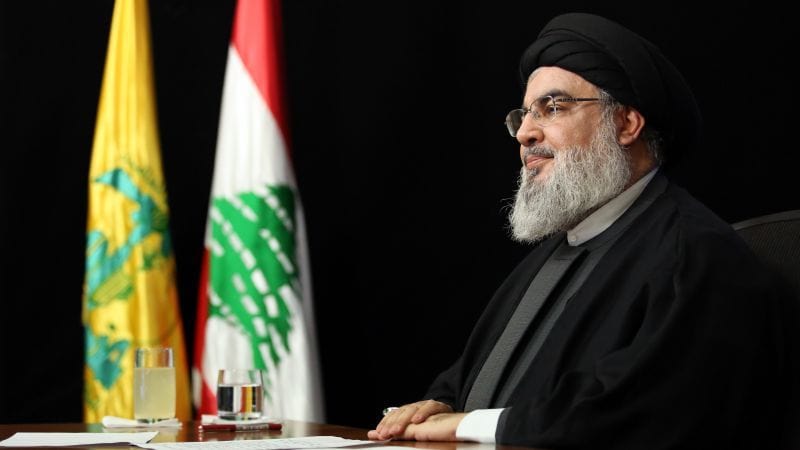
Hezbollah’s Hassan Nasrallah charges that American pressure influenced the Lebanese government to release former SLA member Amer Fakhoury, the “Butcher of Kiam”, who was accused of torturing prisoners during Israel’s occupation of south Lebanon.
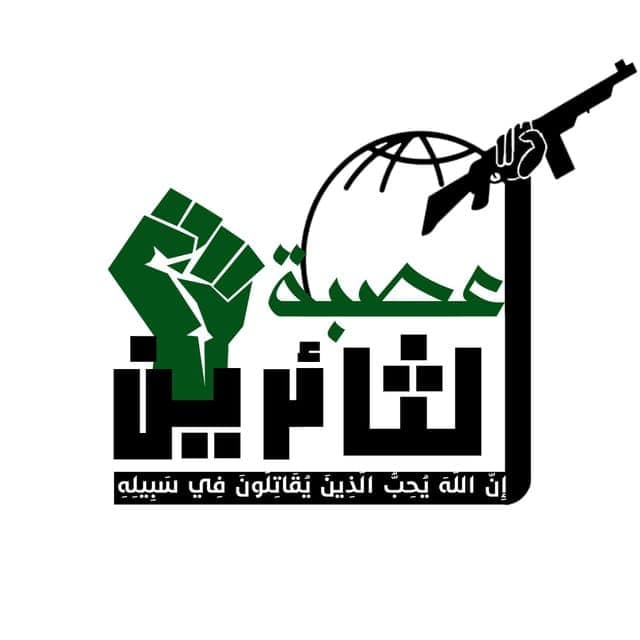
A spokesman of the group warns US troops in Iraq, while also threatening Israel in a speech that alludes to Hezbollah’s leader Hassan Nasrallah.

Each week the Generation Jihad podcast will bring you a new story focusing on jihadism around the globe.
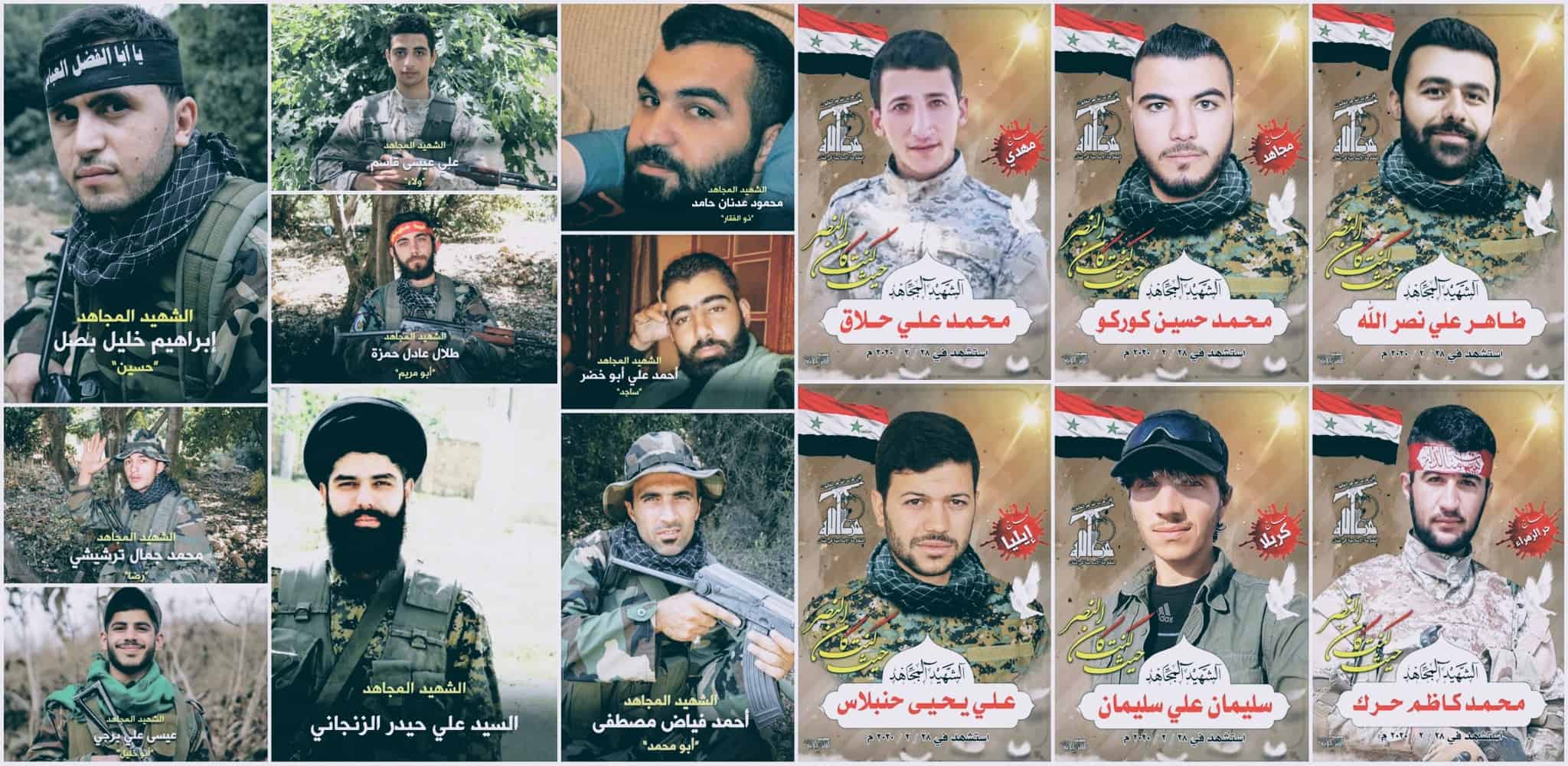
Recently, Hezbollah has suffered losses it has not seen in years of fighting in Syria.
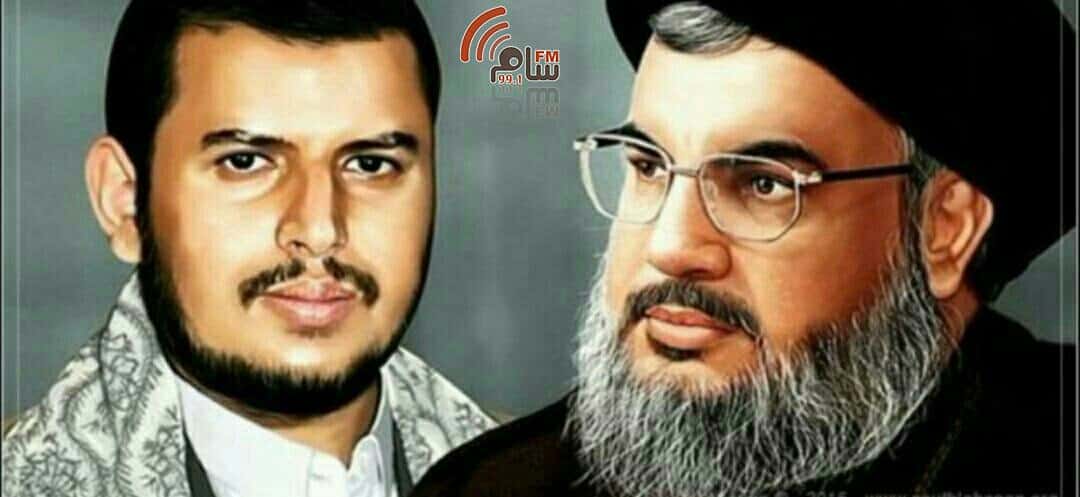
Over the last two weeks, the Saudi-led coalition and its allies have reported killing several members of Lebanese Hezbollah and the Iranian Revolutionary Guard Corps in Yemen.

Heavy losses by Hezbollah and Iranian-backed militias fighting in Syria.
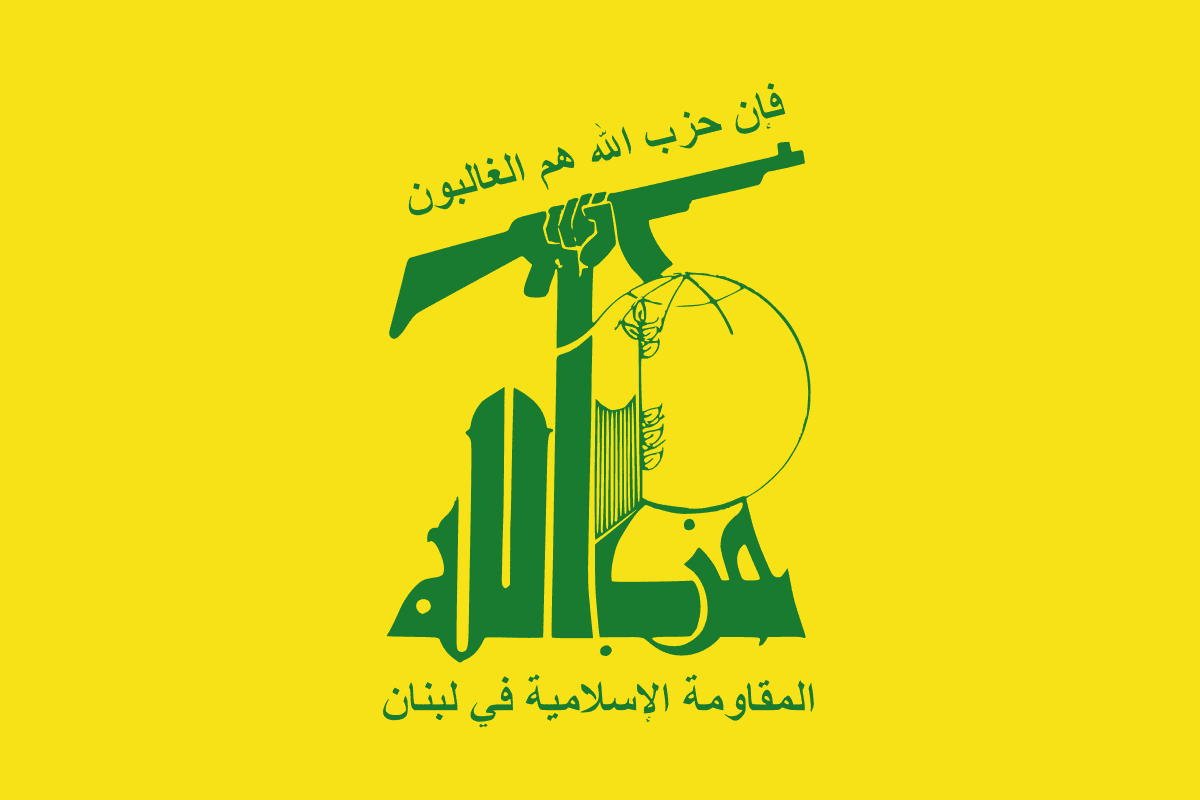
Hezbollah document and publish IDF activity at the border.
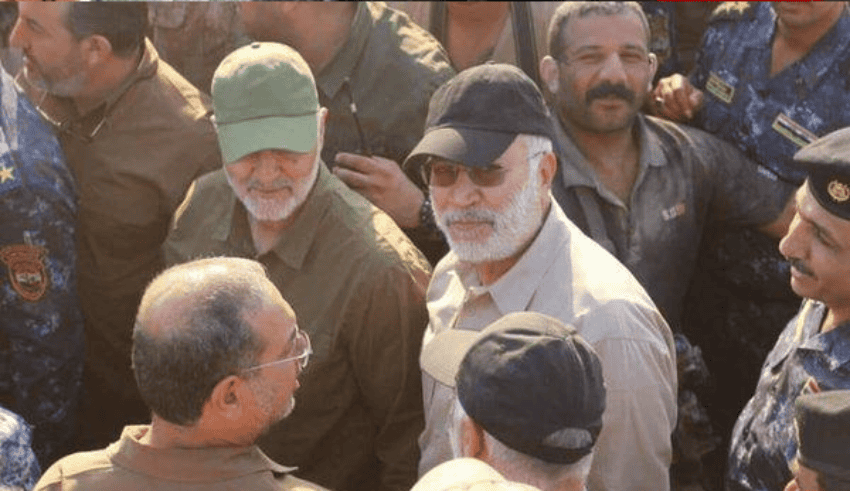
Qods Force commander Qassem Soliemani and Popular Mobilization Forces deputy Abu Mahdi al Muhandis were terror and insurgency masterminds who were revered in Iran, Iraq, Syria, and beyond for their support of the Iranian-backed Shia militias and terrorist groups that have destabilized several countries in the Middle East.
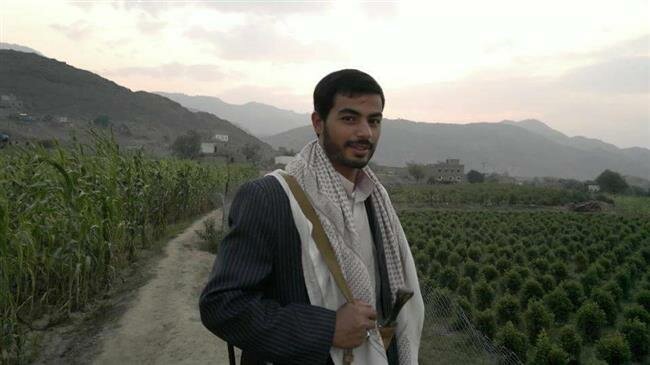
Houthi sources stated Ibrahim al Houthi was killed by the Saudi-led coalition, while Saudi sources state he was killed by a rival faction.
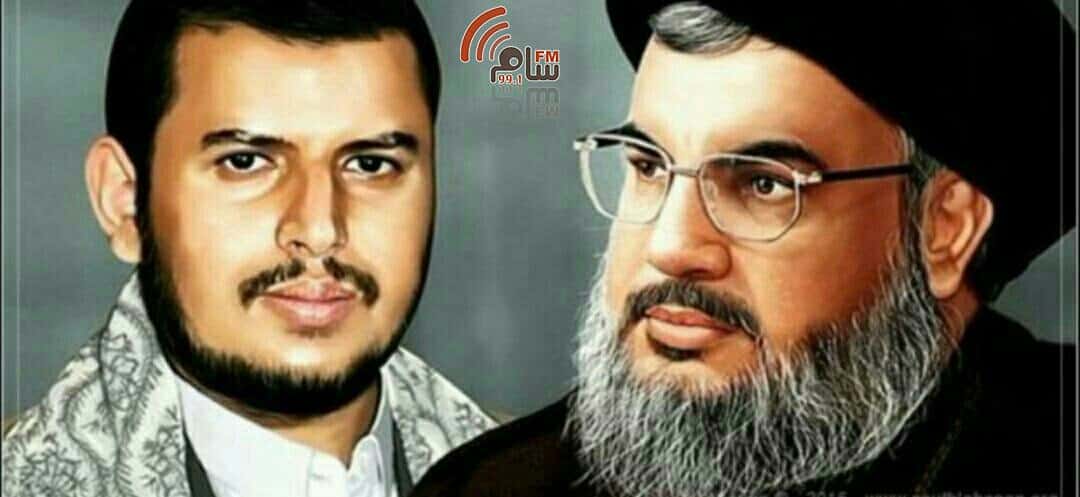
The Houthi’s fundraising campaign ended earlier this week. Today, the Houthi-ran Sam FM radio station reported that the group raised over $100,000 for Lebanese Hezbollah.
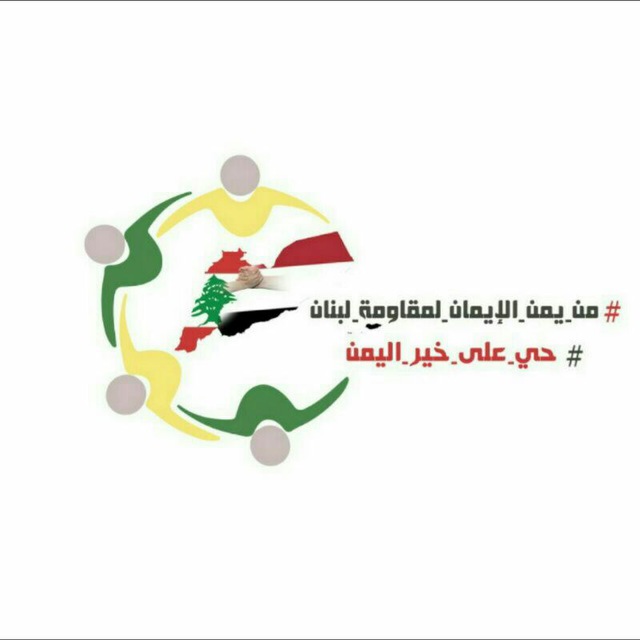
Both photos and videos clearly show Yemeni people donating money to support Hezbollah, despite the current hardships plaguing Yemen.

The fundraising campaign comes on the heels of increased US sanctions against Lebanese Hezbollah.
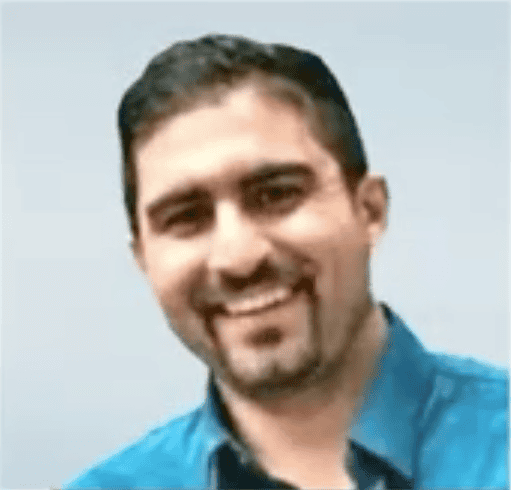
A jury in a Manhattan federal court convicted Ali Kourani of various terrorism and other charges last week. Kourani surveilled prospective targets in New York City on behalf of Hizballah’s Islamic Jihad Organization, which has plotted terrorist attacks since the 1980s.
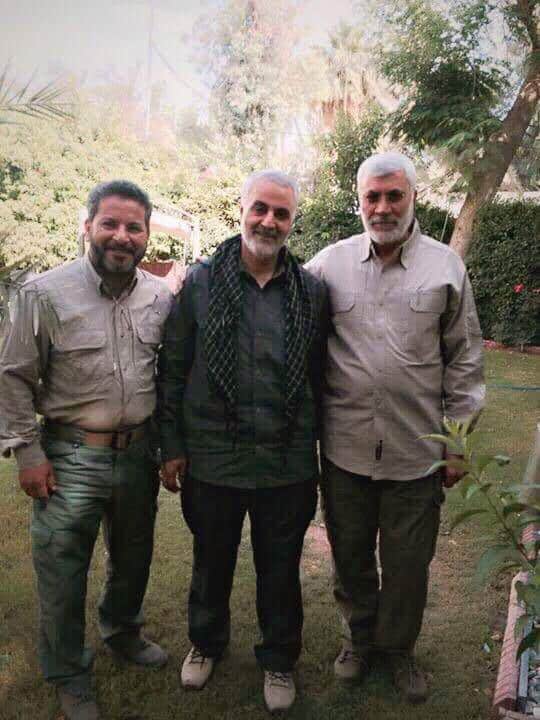
While the Treasury designation focuses on the four Iraqis’ links to Hezbollah, which is described as “a terrorist proxy for the Iranian regime that seeks to undermine Iraqi sovereignty and destabilize the Middle East,” it practically ignores the fact that one of them is the Secretary General of the Imam Ali Battalions, or Kata’ib Imam Ali, a key component of the Popular Mobilization Forces, an official military arm of the Iraqi state that reports directly to the prime minister.
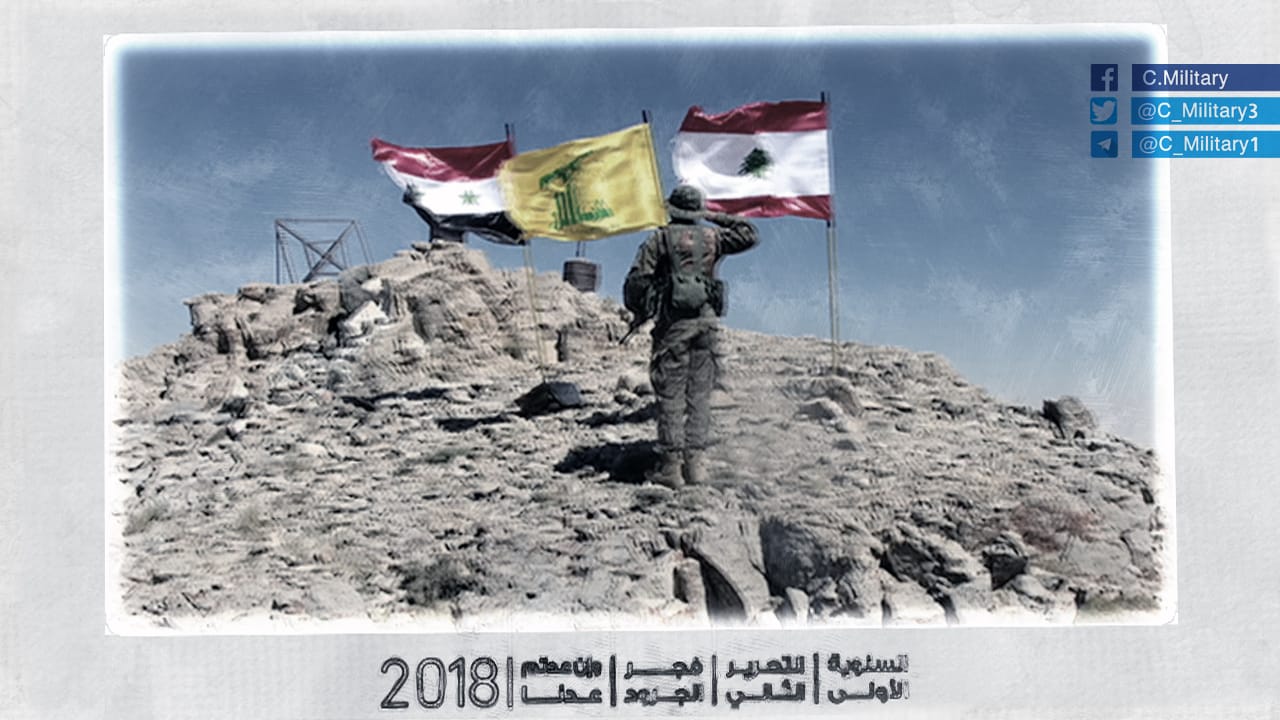
Despite official Lebanese claims to the contrary, the photos recently released by Hezbollah offer more evidence of how its forces coordinated with the Lebanese military in last year’s battle near Arsal.
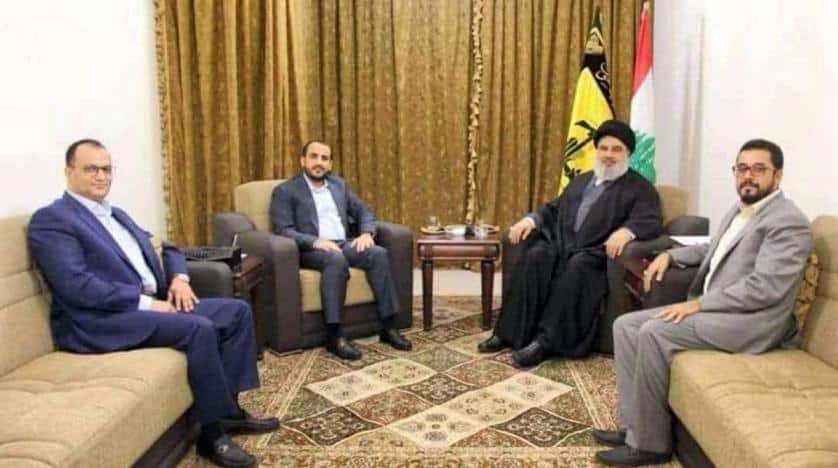
Hezbollah media sources released a photo of a meeting between its Secretary General Hassan Nasrallah and Houthi leadership.
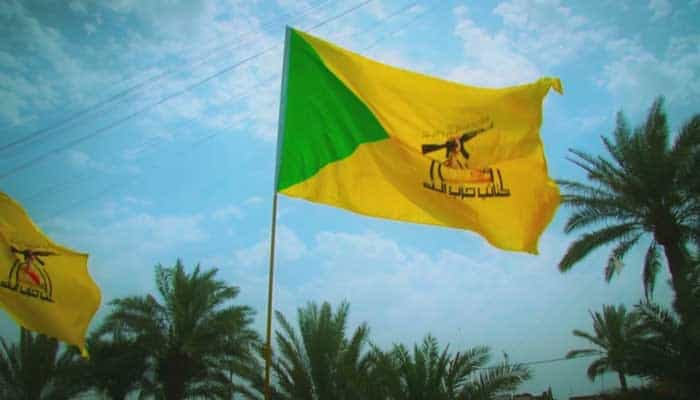
Various Shia militias from around the Middle East have expressed their support or condolences for the Iranian-backed Hezbollah Brigades, which was targeted in unclaimed airstrikes in eastern Syria on Sunday.
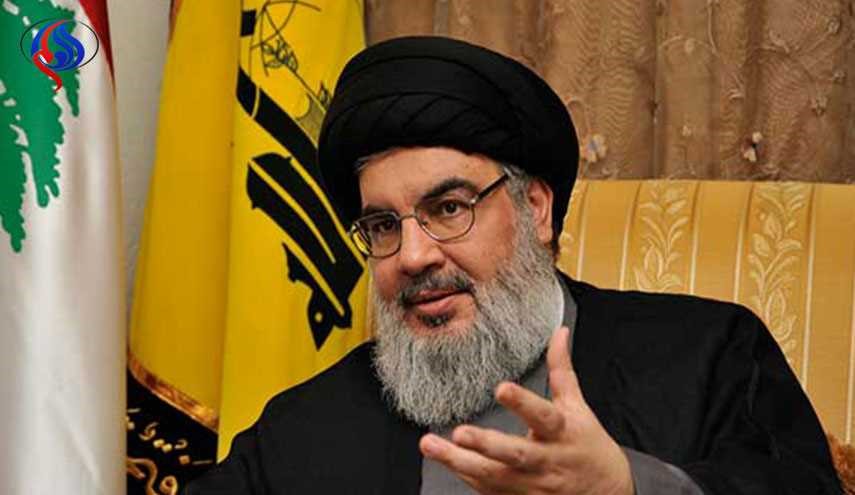
In March, a state-affiliated Iranian media outlets published a speech by Lebanese Hezbollah chief Hassan Nasrallah that it shouldn’t have. The speech, which was quickly retracted, was meant for internal distribution, thus making it a valuable document.
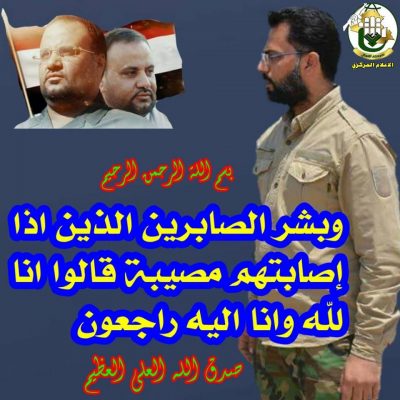
Several groups within the Iranian Revolutionary Guard Corps network have eulogized Saleh al Sammad, the political leader of Yemen’s Houthis.
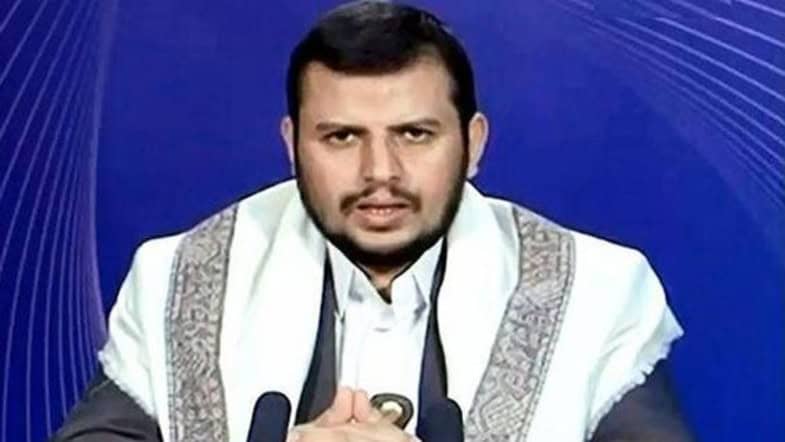
Abdel Malek al Houthi, the leader of Yemen’s Houthi insurgent group, again promises to send fighters to battle alongside Hezbollah in any future war with Israel.
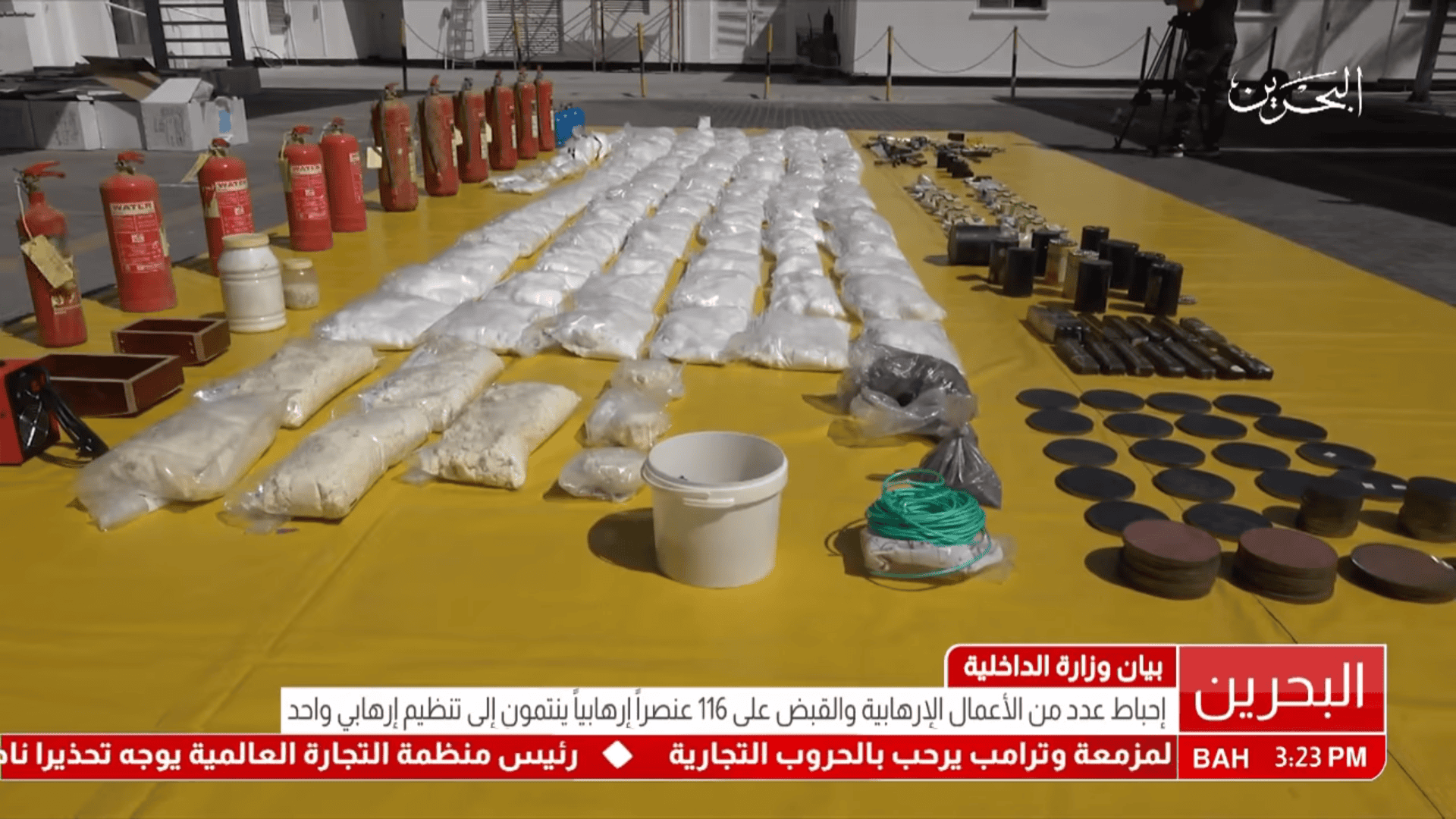
Bahrain claims to have broken up a militant cell, which was reportedly linked to Iran. Also captured in the raids was large amounts of explosives, including material to produce IEDs.
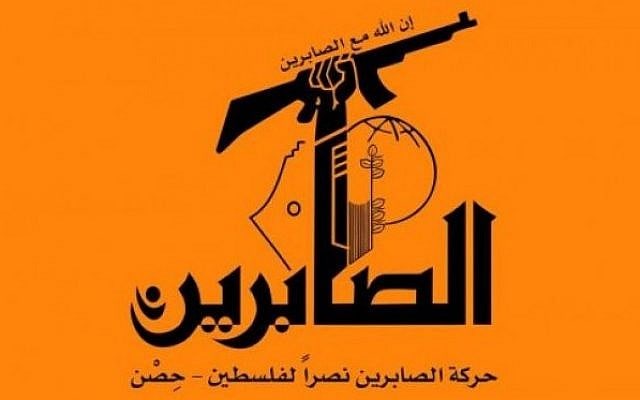
The State Department’s announcement that it was going after as-Sabirin, an Iranian-backed splinter faction in Gaza, shows the administration is serious about cutting Iran’s ties to its regional proxies.
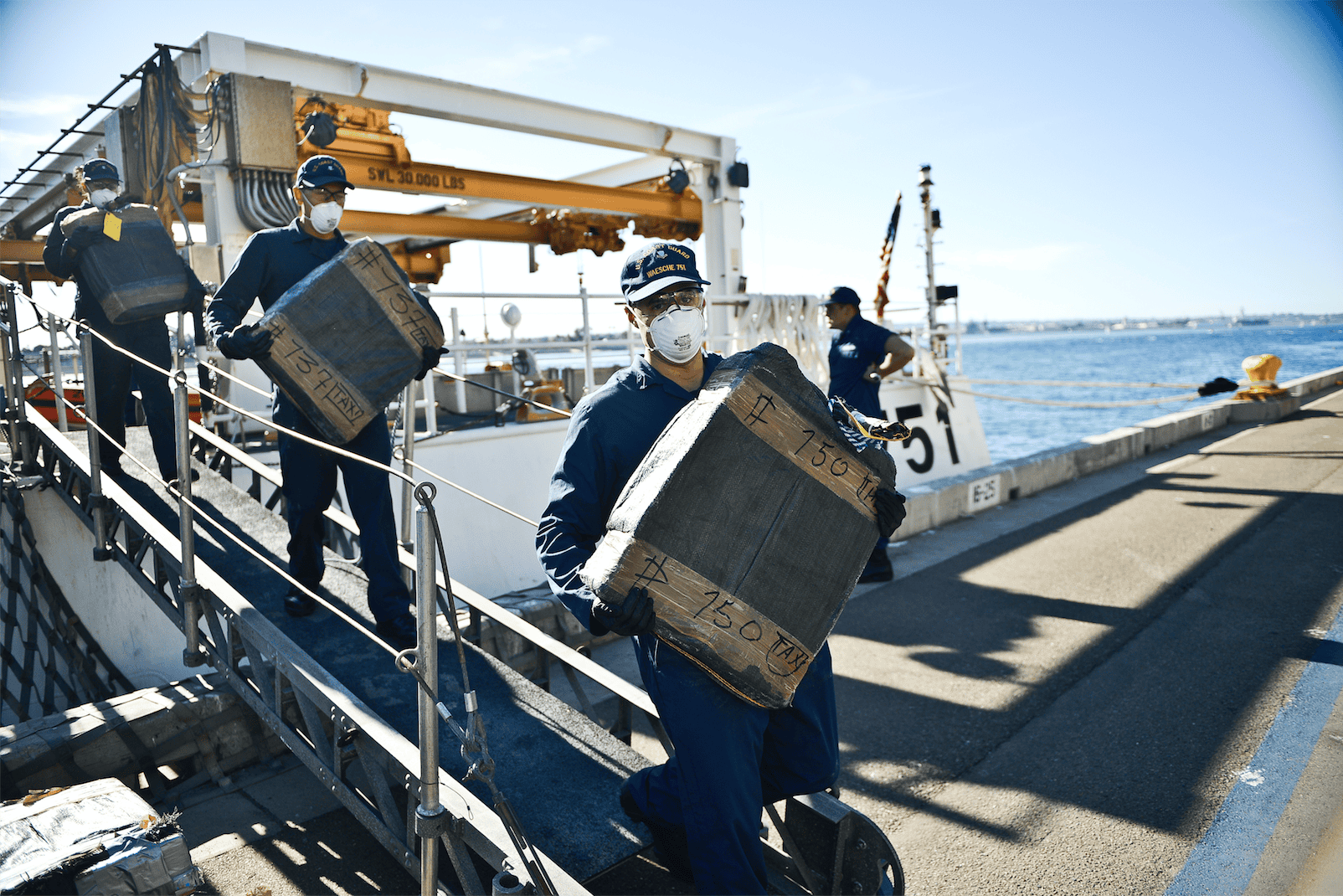
Iranian-backed Hezbollah is leveraging its growing global network to launder huge amounts of money, traffic weapons, and engage in a long list of illicit activities that are increasingly overlapping with the work of Latin American narcos.